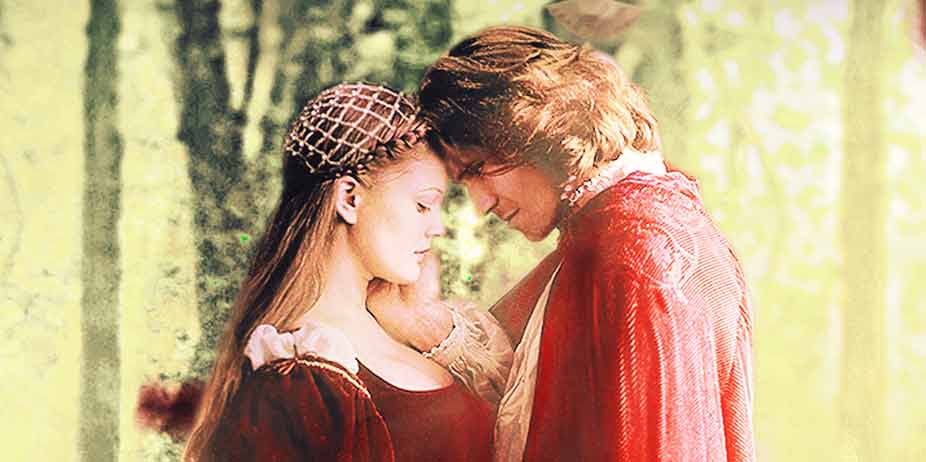
Exodus: Gods and Kings (2014)
Imagine knowing someone quite well and then hearing a rumor about them that was inaccurate. It might give you cause to pause, but you would think little of it other than to assert the truth and move on. Then, imagine that rumor took on a life of its own and was everywhere you turned, depicting your friend in a slanderous light. That is rather how I felt when I took this movie out of my machine... it has a God I neither acknowledge nor recognize, because this one is not the great "I Am."
Moses (Christian Bale) is an accomplished general in the army of his grandfather, the Pharaoh of Egypt. The Hittites are pressing in on their borders, and the ruler intends to send his two grandsons in to win the war. He entrusts the safety of Ramses (Joel Edgerton) to Moses, but all are disconcerted by a prophecy from the court seer that a ruler will fall, and the savior who saves him will become a ruler. When Moses saves Ramses' life in battle, suspicions are raised that he may attempt to take the throne from his cousin. While the Pharaoh idles and draws near death, Moses volunteers to go to the outlands and do an assessment of their slave labor force. Once there, he meets a mysterious Hebrew (Ben Kingsley) who tells him that he is one of them. Moses laughs it off, returns to Egypt, and in the wake of the Pharaoh's death, life proceeds as normal ... until he challenges Ramses to protect his mother's servant and his suspected sister, Miriam. He is banished for this crime, sending him on a journey toward his future wife ... and the mountain where he will encounter God. From a skeptic into a man of faith, Moses will return to Egypt determined to set his people go.
I gave this movie every chance, despite my lackluster response to the trailers. Lukewarm reviews and the tremendous backlash over the film "whitewashing" what should have been an ethnic cast, not to mention comments about the smear campaign against God, caused me to skip seeing this in theaters. I decided to rent it eventually. The first hour or so kept me riveted, but by the end I was texting on my phone. From a purely creative standpoint, the script lacks any true passion and the characters are under-developed. We never get a real sense of either Moses or Ramses, other than that one is a good strategist and the other enjoys milking adders in his spare time. I formed no emotional connections to anyone, which made the underwhelming shift to butchering biblical history in the second half even more intolerable. In his desire to make an "authentic" movie without any "supernatural" elements in it (other than God appearing as a child), the director has stripped all the narrative impact out of the story. Inevitably, what wound up happening was me comparing this to the animated Prince of Egypt with its powerful visuals and the animated flick coming out on top. Instead of the Hebrews passing through two walls of water, torches flickering and lightning flashing, illuminating a whale swimming beside them, these Hebrews wade through waist-deep sludge to the other side. There's no battle of staffs and serpents, and above all, no powerful emotional impact of cousin turning against cousin.
The incredible potential of the burning bush is turned into a strange encounter where Moses is stuck in a landslide, with a creepy, sullen, and bratty child as the mouth of God, ordering him around. Later, Moses gets into an argument with "God" about the immorality of killing all the firstborn in Egypt, which feels like the director trying to make a modern statement within an ancient narrative. Ramses even has a line about what kind of people would worship this particular God! Instead of Moses going to Ramses and asking for the release of his people each time a plague arrives, the implication is that, in exchange for 400 years of brutality as slaves, God intends to punish the Egyptians for the fun of it. That's the point I took out my phone and started texting. Ridley Scott has quite enjoyed revisionist history over the last couple of decades, but this time, even putting my faith-based biases aside, he has a plodding film full of anti-climaxes that accumulates in material we have seen depicted with far greater impact on screen. When you want a book audience to support your film, whether you are adapting Twilight or the Bible, you do not alter the fundamentals of the book or mess with its characters.
Sexual Content:
Moses and his wife kiss tenderly on their wedding night.
Language:
None noted.
Violence:
An epic battle sequence between opposing armies leads to a
lot of death and bloodshed. The plagues are brutally shown
-- and they start by massive crocodiles out of the Nile
attacking fishermen, turning the water to blood. Moses kills
several soldiers who attack him. Rock slides. Animals drop
dead. People develop boils. The entire Egyptian army is
wiped out in a tsunami.
Other:
God is depicted as a petulant child, and Moses as a
delusional head case. Major biblical events are stripped of
their supernatural influences and are unimpressive as a
result.
